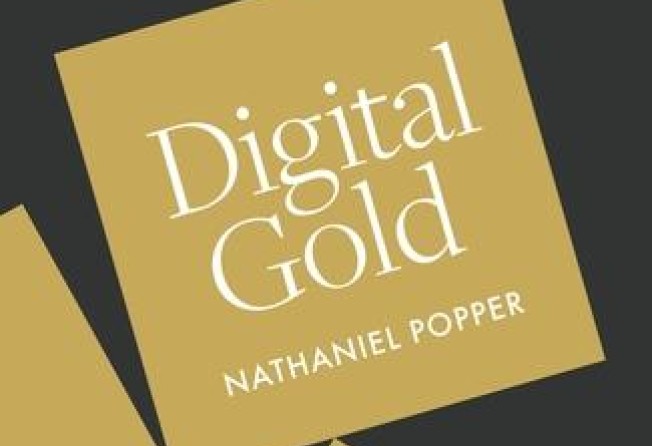




The history of money goes back a long way - at least to 2000BC - and one way of studying the evolution of human societies (and indeed of entire empires) is to follow the money they used. Coins evolved into banknotes which evolved into cheques which evolved into credit and debit cards, which is more or less where we are now. The big question is what happens next.
In one sense the answer is obvious: money has to all intents and purposes metamorphosed into digital bits. When you wave your new contactless debit card (or, soon, your iPhone 6) over a retailer's card-reader, what you're really doing is instructing a computer to reduce a number stored in a ledger on your bank's hard drive and increase a number stored on the retailer's bank's ledger by a corresponding amount. No physical cash has changed hands: all that's happened is a transfer of digital information.
It's a long way from cowrie shells and the gold standard, but it's only half a revolution. For one thing, even if money has metamorphosed into bits, governments and central banks still control it as if it were a physical thing - and they manipulate it when it suits their political purposes.
Yet it is still hard to move money around the world - unless you're a bank. The internet enables an individual instantly to send an email - just a stream of bits - to someone on the other side of the world, but sending them money - also just a stream of bits - is a different kettle of fish. You have to go through established channels (banks or other licensed intermediaries), pay substantial fees and commissions, and sometimes endure delays.
The discrepancy between technological potential and real-world actuality is a red rag to geeks, and so it's not surprising that from the early days of the net, groups of cyberpunks experimented with ideas of "digital cash" - currencies that were purely digital, global and outside the control of governments. For years, all of these experiments failed, and then, in October 2008, a mysterious, unknown geek calling himself Satoshi Nakamoto invented a new kind of digital currency - bitcoin - and changed the game.
What has been relatively obscure is the story of how the technology evolved and the identity of the people who have played significant roles in it.
This is the story Nathaniel Popper set out to tell. He's a New York Times reporter, and it shows: he has an eye for detail, a compulsive need to provide glib pen portraits, and so on. His book is highly readable and an informative account of the early years of a technology - cryptocurrency - that may one day turn out to be almost as significant as the internet itself.
Digital Gold: The Untold Story of Bitcoin by Nathaniel Popper (Allen Lane)
The Guardian